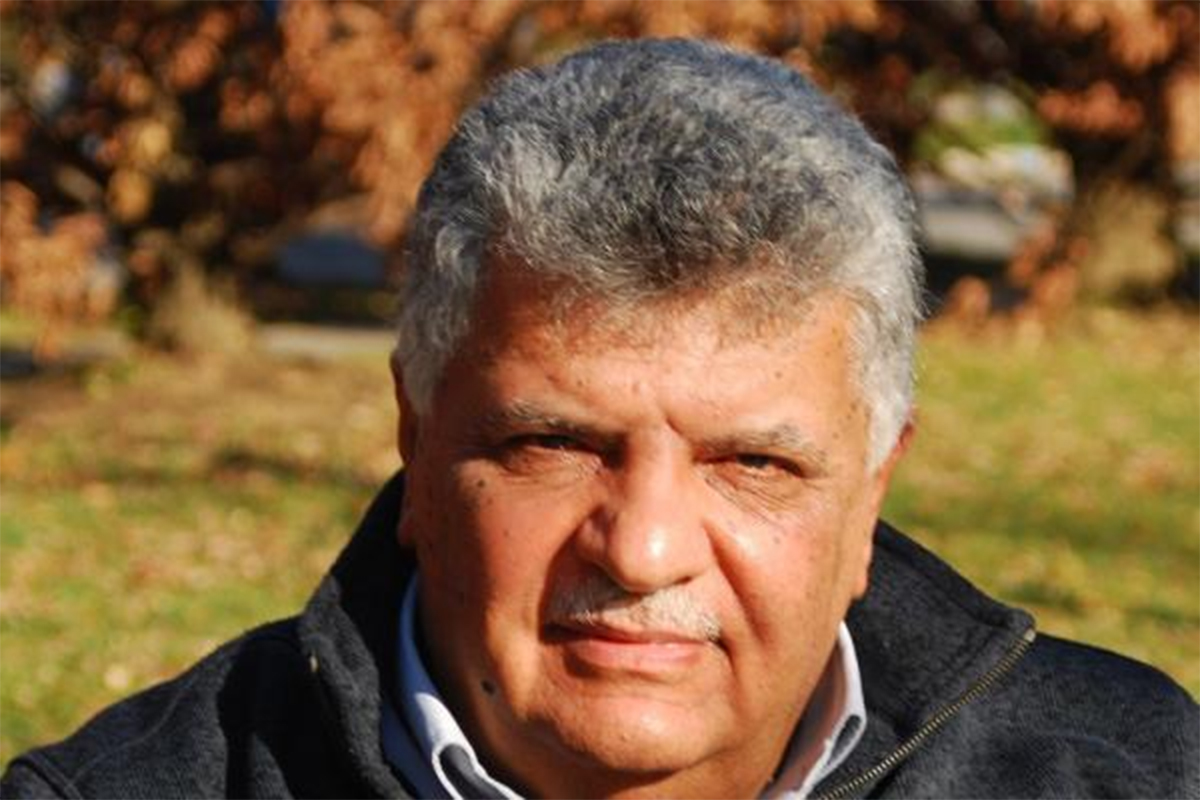Queen’s researcher named IEEE Fellow
January 13, 2021
Share
Queen’s researcher Alireza Bakhshai (Electrical and Computer Engineering) has been named a 2021 Fellow of The Institute of Electrical and Electronic Engineers (IEEE). The IEEE grade of Fellow is the highest grade of membership in the global institute and is recognized as a prestigious award and career achievement.

“I am extremely honoured to be elected as an IEEE Fellow for my work in the development of synchronization techniques for power electronics converters” says Dr. Bakhshai. “This award, received from an esteemed worldwide group community of electrical and electronic engineers, recognizes the impact of my work and collaboration with many wonderful people over the years. I look forward to further contributions to research and engineering in the future.”
Only one in 1,000 IEEE members become fellows each year.
Dr. Bakhshai is being recognized for his groundbreaking advancements as one of the first investigators to develop new power signals for grid and off-grid operations of distributed energy sources. He also proposed novel power architectures and control techniques for designing microinverters for photovoltaic systems, including control techniques that remove the need to store an electric charge for photovaltaic applications. His innovations in this area have resulted in over 250 publications and 16 patents (issued and pending).
His work also informed the development of the Queen’s University start-up company, SPARQ Systems, which has has raised over $30 million in venture capital and government grants. The company has designed and launched three generations of products into the marketplace using several of his patents.
Moving forward Dr. Bakhshai will continue his research with his students and collaborators at Queen’s University’s Centre for Energy and Power Electronics Research (ePOWER).
"I plan to explore the positive impact of the distributed electric power generation and distributed energy storage systems on the power grid in terms of voltage stability, voltage-ride-through, frequency-ride-through via the control of active and reactive power of the inverters,” he says.
The IEEE currently has 419,000 members across 160 countries and is the world's largest technical professional society. It is designed to serve professionals involved in all aspects of the electrical, electronic, aerospace and computing fields and related areas of science and technology that underlie modern civilization. For more information about IEEE Fellow program, visit the IEEE website.